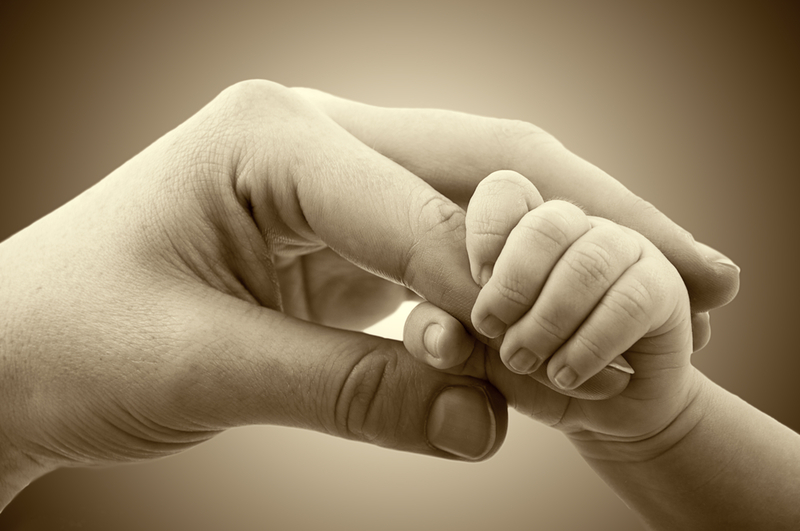Women who suffer childhood trauma likely to deliver first baby earlier life, outside marriage
ANI Sep 20, 2019
While childhood trauma is known to have poor impact on a woman's midlife health, a new study has uncovered the reason behind it and found that these females are more likely to have their first child both earlier in life and outside of marriage - factors associated with poorer health later in life.

These results suggest that early trauma - such as the death of a parent, physical abuse or emotional neglect - may affect young people's decision-making in ways that they can't entirely control. "It's easy to tell teens that they shouldn't have kids before marriage, but the message won't be effective if they haven't developed the capacity to do that because of the trauma they experienced in childhood," said lead author, Kristi Williams, professor of Sociology at The Ohio State University. The findings of this study were published in the Journal of Health and Social Behaviour.
Previous research has shown that childhood trauma is strongly associated with multiple health risks, including cancer, diabetes, stroke and early death, Williams said. Much of this work has focused on how early adversity may have biological and neurological effects that would lead to worse health throughout life. "But there hasn't been any attention given to how childhood adversity may affect social and developmental processes in adolescence and young adulthood - factors that we know are also strong predictors of later health," she added. One of those factors in women is the timing and context of first birth.
Data for this study came from the 1979 National Longitudinal Survey of Youth, which includes a representative sample of people who were aged 14 to 22 in 1979. Participants were interviewed every year through 1994 and once every two years since. The final sample for this study included 3,278 women. Each participant reported whether she experienced one or more of six adverse childhood experiences before age 18: emotional neglect, physical abuse, alcoholism in the home, mental illness in the home, death of a biological parent and parental absence.
The researchers examined data on how old each participant was when she first gave birth and whether she was married, cohabiting or neither. Finally, participants rated their health at or near age 40. Findings showed that each additional childhood trauma experienced by the participants was associated with earlier age at first birth and a greater probability for a first birth during adolescence or young adulthood compared to later (age 25 to 39). In addition, each additional trauma was associated with a 24 per cent increase in the probability of being unmarried and not cohabiting at first birth compared to the likelihood that they were married when their first child was born.
Researchers then conducted statistical tests that showed early and non-marital births were a key reason why children who experienced trauma were more likely to report poorer health at midlife. "Childhood trauma leads to social and biological risks that lead to early and nonmarital birth which can lead to health problems later in life," Williams explained. She added "when people experience traumas early in life, they are less likely to make those positive choices."
-
Exclusive Write-ups & Webinars by KOLs
-
Daily Quiz by specialty
-
Paid Market Research Surveys
-
Case discussions, News & Journals' summaries